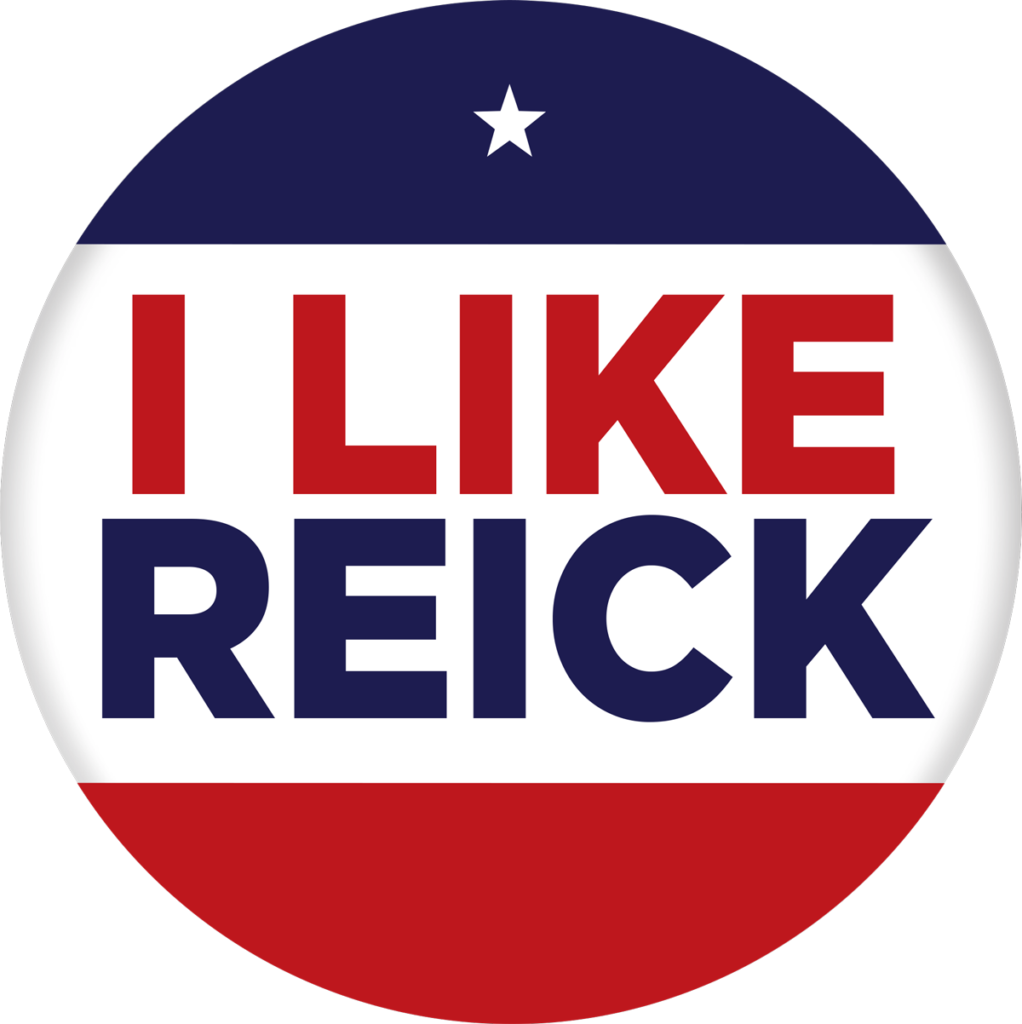Tax Policy from a Comparative Lit Major, What Can Go Wrong?
“Of all tyrannies, a tyranny sincerely exercised for the good of its victims may be the most oppressive. It would be better to live under robber barons than under omnipotent moral busybodies. The robber baron’s cruelty may sometimes sleep, his cupidity may at some point be satiated; but those who torment us for our own good will torment us without end for they do so with the approval of their own conscience.” – C.S. Lewis
.
Since the recent election I’ve had a chance to talk to some of my colleagues on the Democrat side of the aisle, and what I’m hearing is that the drift to the left over there is nothing short of profound. One way to measure that is to hear them say that Representative Will Guzzardi is no longer the gold standard for the progressive cause and is now considered a moderate in that caucus.
.
Don’t get me wrong, I like Will. He’s a very amiable fellow and serves as a good foil during debate because he’s a true believer and always comes well prepared. His problem is that he’s never signed the front of a paycheck, and a degree in comparative literature has not prepared him to understand where money comes from. But that doesn’t stop him from proposing all sorts of ways to spend it and find whatever means he can devise to take it from others because there’s never been a need that government can’t satisfy. His plan calls for any revenue raised by this tax to go into a new “Working Families” state fund, with the money going to three specific purposes: ending homelessness, paying for universal child care and fully funding public education. But if you look at the priorities on his website, you’ll know that he won’t stop there.
.
He’s now ventured into the world of tax policy (another area about which his understanding is suspect) by proposing what he calls a “wealth tax”. It comes on the heels of a proposal by Joe Biden for this to be done at the federal level. It’s basically an annual tax upon the appreciated value of investments (stocks, bonds, limited partnership investments, real estate and the like). How it’s supposed to work is that all of your assets will be valued every year, and the amount by which they’ve gone up in value during that time will be subject to tax. He wants to make it apply only to those with a billion dollars or more in assets. (I’d be curious to see what the Governor thinks of that.) Of course given the rate at which billionaires are fleeing this state there won’t be enough of those left to fill his revenue needs, so you know darn good and well that threshold will go down rapidly.
.
Among the things he probably hasn’t considered as part of his proposal:
.
- Those subject to the tax would have to submit a detailed financial statement to the Illinois Department of Revenue every year, which must disclose each asset owned and its year-end value. In an interview with WTTW, Will said the Department already has a decent accounting of these assets. No they don’t, and the cost of gathering that information would be astronomical.
- What goes up often times comes down. When that happens, will he give refunds to those who paid the tax on valuation increases in previous years?
- The valuation of non-tradable assets would be a compliance nightmare. The true fair market value of non-publicly traded assets such as farms, businesses, limited partnership interests and works of art can be determined only by what a fully informed buyer and a willing seller can agree upon. How much is your house worth? The only way to determine that is when an able and willing buyer steps forward with an offer.
- Those without sufficient cash to pay the tax on non-liquid assets would very possibly have to sell their interest to pay it.
.
This proposal has nothing do to with sound tax policy or economic reasoning; its sole purpose is the destruction of private ownership of capital and redistribution of wealth.
.
Maybe Will should spend less time proposing goofy legislation like this and more time comparing the literature of Karl Marx and Adam Smith.
